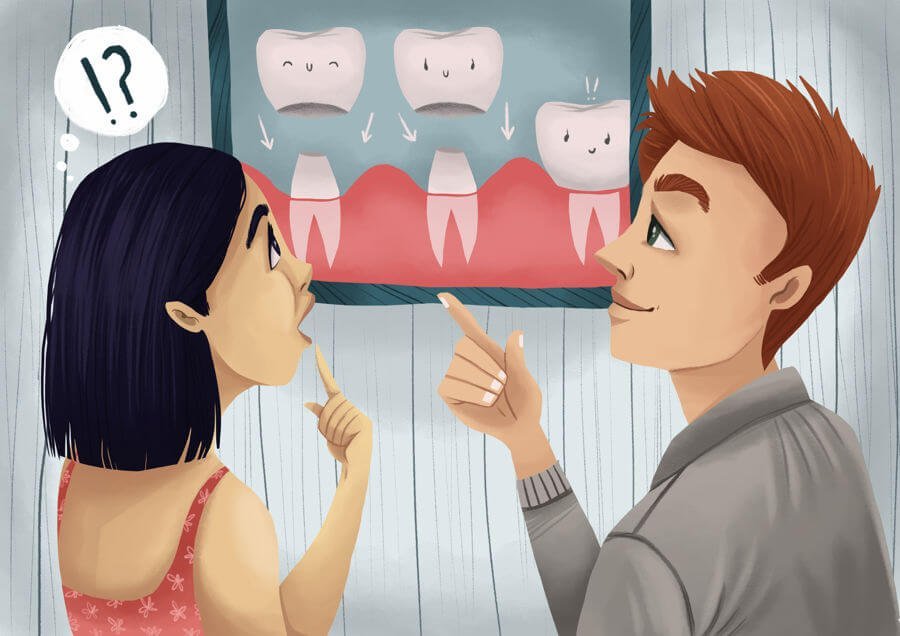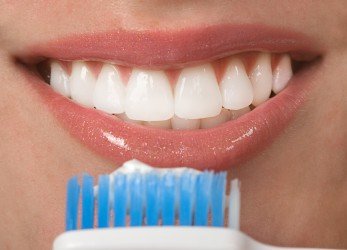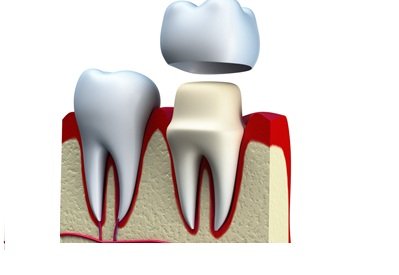- Post author:Dr. Gurpreet Gill
- Post published:January 8, 2020
- Post category:Dental Crowns
When Does Your Tooth Need a Dental Crown?
Often, dental issues might leave you with cavities that are too large to fill, or sometimes, the tooth is cracked, worn or weakened. In such cases, a dental crown may be a necessity. Sometimes, two or more dental crowns can be used on either side of missing teeth with artificial teeth attached to the crowns. This is called a Dental Bridge.
So what exactly is a dental crown?
A dental crown is like a “cap” for your tooth. This crown helps your tooth to be restored to its standard shape, size and function. A crown can help improve how the tooth looks.When do you require a dental crown?
- When the tooth has been weakened due to decay
- Cracked tooth
- Worn-out tooth
- Discoloured tooth
- Misshaped tooth
- A tooth that has had Root canal treatment
What is it made of?
A dental crown can be made entirely from tooth-coloured ceramic, porcelain, or metal alloys. The type of crown depends on where it will be placed inside your mouth. At Expressions Dental, we offer various types of Dental Crowns in Calgary.How is the crown placed?
First, the damaged tooth is assessed. Then the tooth is prepared to receive the crown by reshaping or removing a portion of the tooth. This reshaping is done to make sure there is sufficient space for the tooth to receive the dental crown. After this step, a temporary crown is placed until the permanent crown is manufactured. When the permanent crown is ready, the temporary crown is removed, and the permanent one is bonded or cemented to your tooth.How to take care of dental crowns?
You can take care of your dental crowns just the way you take care of your natural teeth. Brushing twice a day and flossing regularly coupled with dental checkups can help you prolong the life of your crown. If you are looking for dental crowns in Calgary, Expressions Dental is happy to help. Call +1 (403) 252 7733 to consult our dentists.Our Score
Click to rate this post!
[Total: 0 Average: 0]




